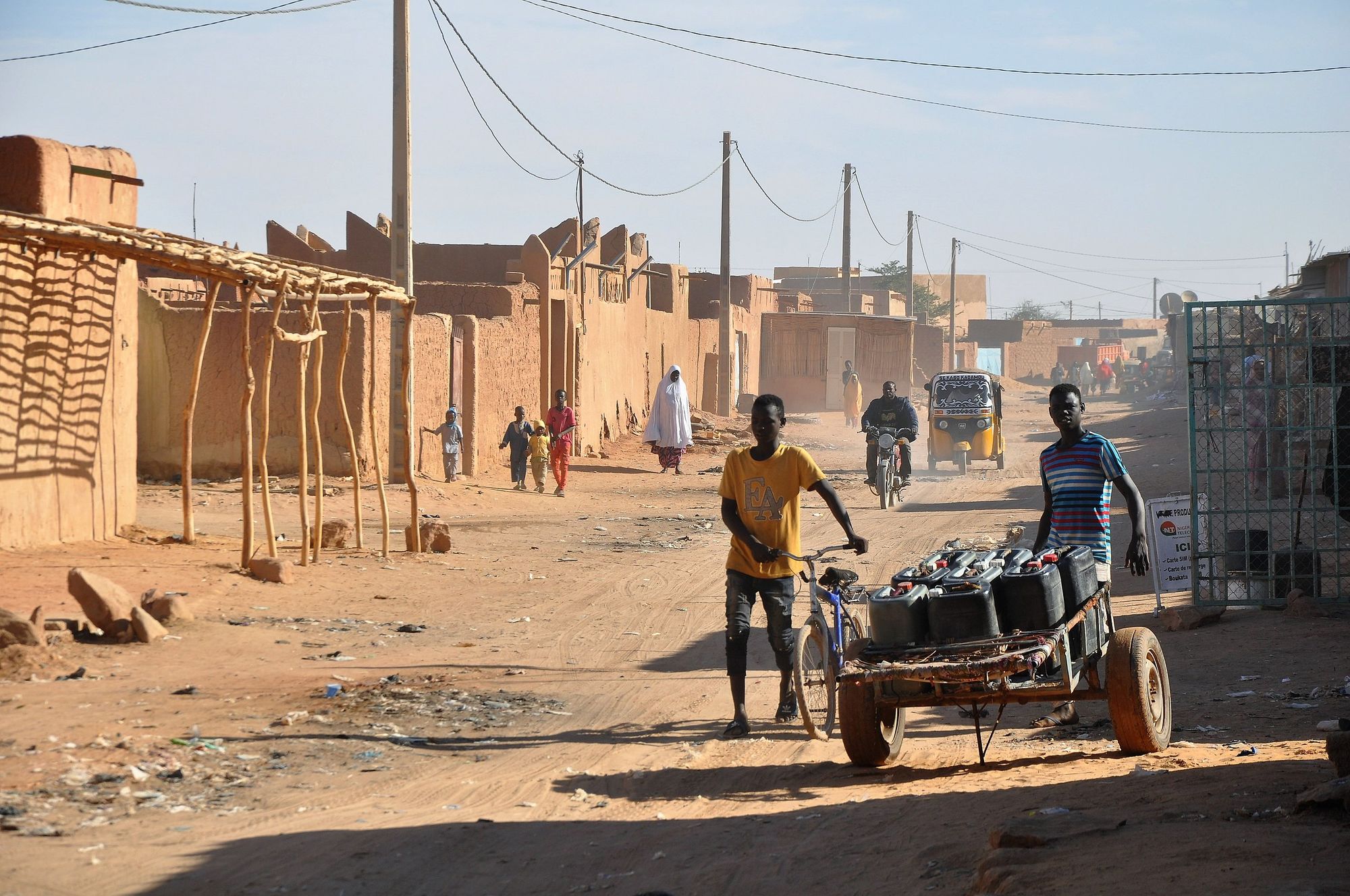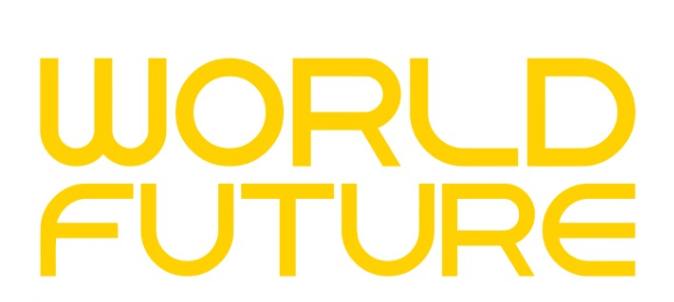Uranium Geopolitics: How Niger's Resources Impact France and the European Union
The horizon of Niger's uranium production appears poised for expansion, with projections indicating substantial growth by 2025, contingent upon the successful development of projects like Imouraren (5,000tU), Madaouela (1,200tU)

France and the European Union find themselves in a notable reliance on Niger's uranium reserves. As reported by Politico, Niger stands as a provider of 15% of France's uranium necessities, while also accounting for a significant fifth of the EU's overall uranium imports.
Within this landscape, the presence of the French entity Orano holds prominence as a key player in Niger's uranium mining sector. The recent military coup in Niger has triggered concerns about the potential ramifications for France's uranium supply, concurrently posing questions about Europe's attachment to uranium extracted from Niger's grounds. Despite this, the EU has conveyed that its uranium supply remains unaffected by the political upheaval in Niger, a nation that contributes 25.38% of the EU's uranium supply.
Navigating the realm of uranium, Niger occupies a pivotal role in meeting the global demand for this indispensable element in nuclear operations. Renowned for hosting some of the world's most substantial uranium deposits, Niger holds a prime position in the uranium landscape. Notably, Reuters highlights that Niger is among the globe's most significant uranium producers, possessing the highest-grade uranium ores in Africa.
Uranium in Niger
In the year 2022 alone, Niger's uranium production amounted to a substantial 2,020 metric tons, contributing about 5% to the global mining output. The horizon of Niger's uranium production appears poised for expansion, with projections indicating substantial growth by 2025, contingent upon the successful development of projects like Imouraren (5,000tU), Madaouela (1,200tU), and Dasa (1,700tU). Within this context, Orano, the French conglomerate, continues to be a predominant player in Niger's uranium mining scene.
Beyond the Nigerien borders, the global uranium market is inhabited by several key actors. These include:
Kazakhstan: As the premier global uranium producer, Kazakhstan's output accounted for an impressive 39% of the worldwide production share in 2017. The country's abundant uranium reserves substantiate its crucial role in meeting the international demand.

Visit World Future for more foreign news and regional Asean stories
Canada: Positioned as the second-largest uranium producer, Canada contributed 22% of the global production share in 2017. The nation's rich history in uranium mining is underscored by the quality of its uranium deposits.
Australia: Occupying a significant stake in the global uranium scene, Australia's 10% share of the global production in 2017 is driven by its extensive uranium resources. It stands out as a noteworthy uranium exporter.
Namibia: Notably substantial in the global uranium production landscape, Namibia plays a prominent role and contributes significantly to the worldwide output. The country's robust uranium reserves solidify its role as a supplier to the global market.
Uzbekistan: This nation also commands attention within the global uranium market. With notable uranium deposits, Uzbekistan plays a role in meeting the global demand for this crucial element.
Global uranium market
Moreover, additional contributors to the global uranium market include Russia, China, the United States, and South Africa. While these countries might have a relatively lesser presence in the market, their contributions are noteworthy, as they collectively contribute to the overall global uranium supply.
It's important to recognize that the dynamics of the global uranium market are fluid and can shift due to various factors, such as geopolitical developments, shifts in demand, and the discovery of new uranium deposits.
